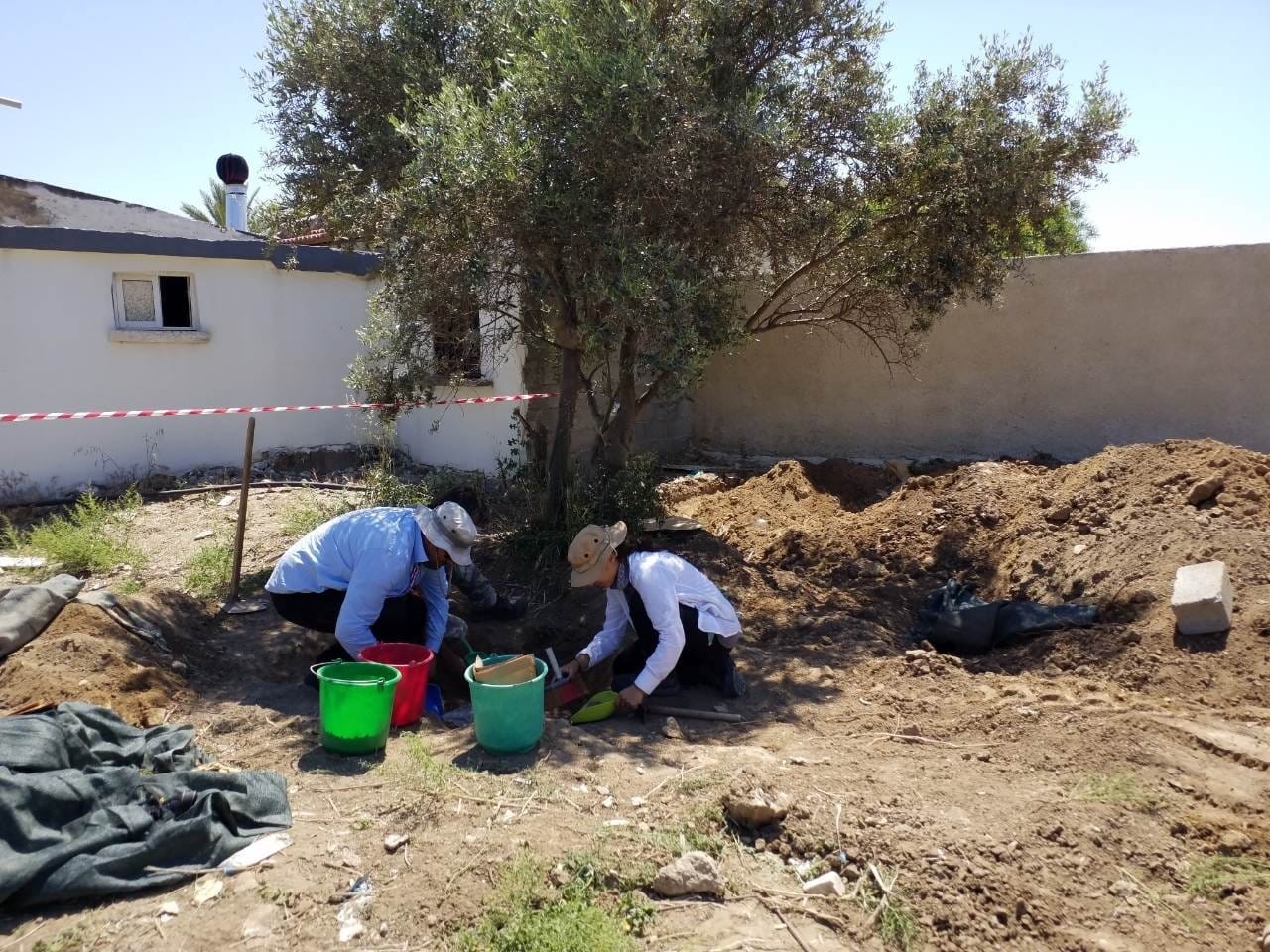The Ongoing Quest to Resolve the Plight of Missing Persons in Cyprus
In a solemn gathering at the church of Ayia Marina Chrysochous, government spokesman Konstantinos Letymbiotis addressed the persistent humanitarian problem of the missing persons in Cyprus. The annual memorial service for Andreas Polykarpou, one of the many who disappeared during the island’s turbulent past, served as a backdrop for Letymbiotis’s poignant reminder that 758 Greek Cypriots remain unaccounted for out of an initial 1,510.
Letymbiotis emphasized the government’s unwavering commitment to uncovering the fate of each missing person, a mission that holds personal significance for the president. However, he acknowledged the increasing challenges that time imposes on this sensitive issue. The government spokesman laid the blame for these difficulties at Turkey’s doorstep, accusing it of non-cooperation and of ignoring the European Court of Human Rights’ decisions, as well as those from other international bodies.
In a call to action, Letymbiotis urged global powers, including the United Nations and the European Union, to intensify their efforts to alleviate the anguish endured by families of the missing persons. He referenced UN General Assembly resolution 3450 from 1975, which underscores the fundamental right of these families to receive information about their loved ones.
Letymbiotis also highlighted the broader implications of this issue on the Cyprus problem, noting that the current situation—marked by fifty years of occupation and deprivation of basic human rights—cannot dictate the country’s future. The government’s dedication to resuming meaningful discussions was clear as he concluded, asserting that talks must pick up where they were left off to forge a path toward resolution.






